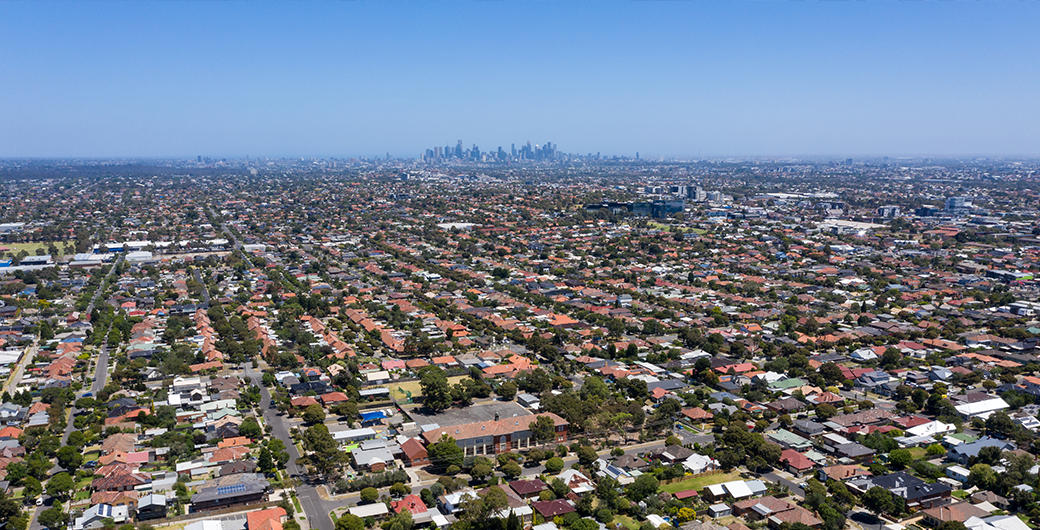Getting to Fair: bringing down barriers to access essential services
5 August 2021
● News and media
This guest editorial was written for the ANZSOG/National Regulators Community of practice monthly newsletter, highlighting new additions to the Regulation Policy and Practice collection on APO. The RP&P collection brings together a range of practical resources from national, local and state/territory governments, regulatory agencies and external institutions conducting monitoring, inquiries and reviews. You can receive this newsletter by joining the ANZSOG/National Regulators Community of Practice (membership is free) or subscribe to the newsletter directly.
By Dr John Hamill
The Victorian Essential Service Commission (ESC)’s Getting to Fair strategy seeks to bring down the barriers that consumers face when accessing and engaging with essential services. It is a three-year roadmap for the ESC to improve the experience of consumers experiencing vulnerability.
The ESC’s commitment to using its regulatory powers to protect vulnerable utility consumers was effectively showcased in 2020 when its former Director of Energy partnered with Professor Donald Moynihan of Georgetown University in a webinar on Bias by Design: when the design, implementation and enforcement of rules creates disadvantage.
The webinar demonstrated through both academic research and the ESC’s case study that the way regulation is designed, implemented and enforced can have positive or negative, equal or unequal and inclusive or exclusionary effects on individuals and communities.
The Getting to Fair strategy’s objectives give focus to the experience of consumers, the opportunities of our regulated sector to reduce barriers to access and engaging with the businesses we regulate, and our own challenge and obligation to be more inclusive, responsive and accessible. In expanding our regulatory horizon beyond the narrowly economic to the question of public value creation, we are part of a larger international movement for what has been called fairness in utilities.
The unprecedented events of 2020 and 2021 – including both bushfires and the pandemic – highlighted the need to develop a longer-term strategy around how we consider the experience of consumers who experience vulnerability. Barriers can be temporary, long-term or permanent, and consumers might be affected by multiple challenges at the same time. Disadvantage can be complex in nature and often requires a multi-sector response. This could mean someone isn’t able to pay their bills, but it could also mean they can’t access information or support from their provider.
We also saw the opportunity to build on work we had been doing in the energy and water sectors on payment difficulties, and our award-winning work on family violence.
The development and design of the strategy involved extensive engagement with stakeholders prior to the launch in May 2021. We wanted to make sure that consumers and other stakeholders had an active role in the development of the strategy. We commissioned guidance for sensitive and appropriate engagement with consumers experiencing vulnerability in partnership with the Social Equity Institute at the University of Melbourne and a report on the deliberative engagement process with Victorian consumers.
Our process included the establishment of a deliberative community panel and a stakeholder reference group who provided valuable input into the design and development of the draft strategy.
The deliberative community panel of 37 members met over several weekends and provided valuable recommendations about what we should be focusing on, as well as developing a definition of ‘consumer wellbeing’ to help guide us.
We are now in the process of finalising the strategy – which will be published on 12 August. We have had over a thousand visitors to our Engage Victoria page, more than 600 people attending our public forums, and 25 written submissions. We are committed to growing our capabilities and demonstrating thought leadership. We will continue to share insights and build knowledge in a collaborative and inclusive way.
The final strategy will include a plan for implementation, monitoring, evaluation, and review. The strategy will be embedded as an ongoing operational priority.
Dr John Hamill is the Chief Executive Officer of the Victorian Essential Services Commission. He was previously General Manager, Regulation at the New Zealand Commerce Commission, responsible for regulation of electricity, gas, telecommunications, and airports regulation in New Zealand. John has a strong background in the public sector, particularly in strategic micro-economic analysis, budget management, organisational performance and policy development.
